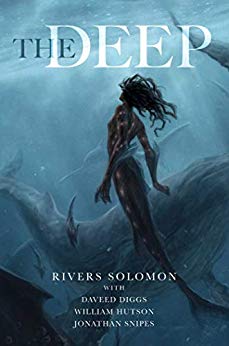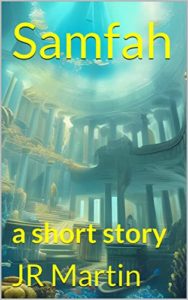 Title: Samfah
Title: Samfah
Author: JR Martin
Publisher: Self-Published
Publication Date: March 16, 2023
Genres: Fantasy, Romance, Historical, and dash of Psychological Horror
Length: 10 pages
Source: I received a free copy from the author.
Rating: 3 Stars
Blurb:
Looking for an enchanting, action-packed adventure that will leave you breathless? Look no further than “Samfah” – the must-read fantasy short story of the year! Follow the journey of a young girl who mysteriously vanishes into the depths of the sea, leaving her loved ones devastated and searching for answers. As her family struggles to come to terms with her disappearance, she discovers the incredible secrets hidden beneath the waves – a mystical, underwater world full of magic and wonder.
Review:
Content Warning: Kidnapping and a death from natural(ish?) causes. I will be discussing the kidnapping in this review.
If you like weird fiction, keep reading.
Anyone who reads my reviews regularly knows that I like stories that keep the reader on their toes and mix genres together in new and different ways. This is one of those tales. It resisted any attempt to classify it into a single genre, and it defied my expectations of what horror, fantasy, and romance should be every time I thought the plot was veering off a little more into one of those directions, In short, it was creative and it had something for readers who like any of those genres even if you might not generally be into all three of them. I encourage you all to take a risk on this. It’s (probably) not what you think it will be.
I wish the author had dove more deeply into the character development. For example, Samfah’s relationship with her future husband, Arkan, fascinated me, and yet little time was spent exploring what he was like as an individual or why he withheld certain facts from her when he lured her deep into the ocean and promised her a life of luxury if she stayed forever. Was he simply being romantic or was there some other motive for his decisions? I could come up with arguments for several different logical interpretations of his actions, some of which were much darker than others. If I’d had more material to work with, I would have happily bumped my star rating up to at least a four.
The eerie first scene did an excellent job of grabbing my attention. Samfah did not seem to be in full control of her mind and body when she slowly wandered into the ocean despite not knowing how to swim. I shuddered as she soon entered waters that were over her head and needed to figure out what to do next. What an intense way to introduce a character and setting to an audience! I commend the author for taking this risk and trusting readers to figure out certain things on our own before later confirming whether or not our guesses were correct.
Samfah kept me on my toes.


 The original topic for this week was “Books or Covers that Feel/Look Like Summer.” I followed the prompt exactly last year, so this time I’m going to be a little creative with it.
The original topic for this week was “Books or Covers that Feel/Look Like Summer.” I followed the prompt exactly last year, so this time I’m going to be a little creative with it.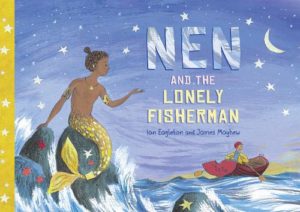
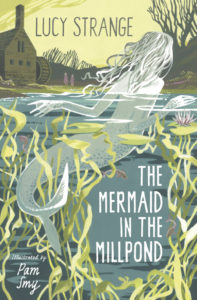
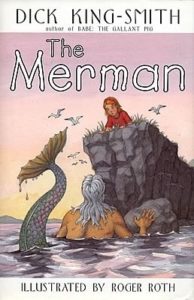
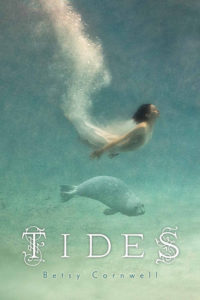
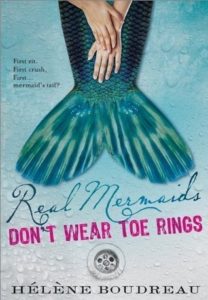
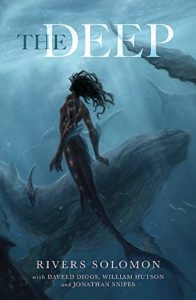
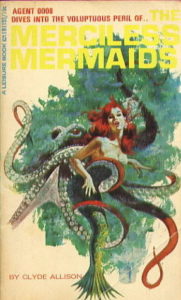
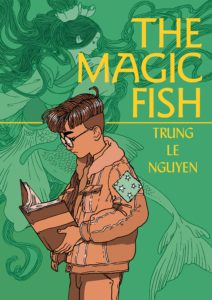
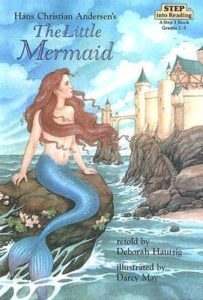
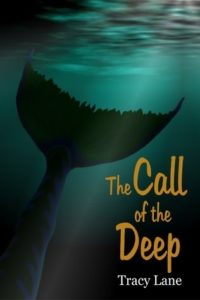
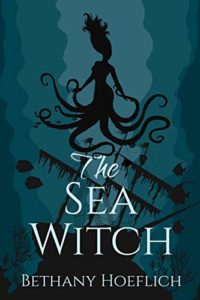 Title: The Sea Witch
Title: The Sea Witch